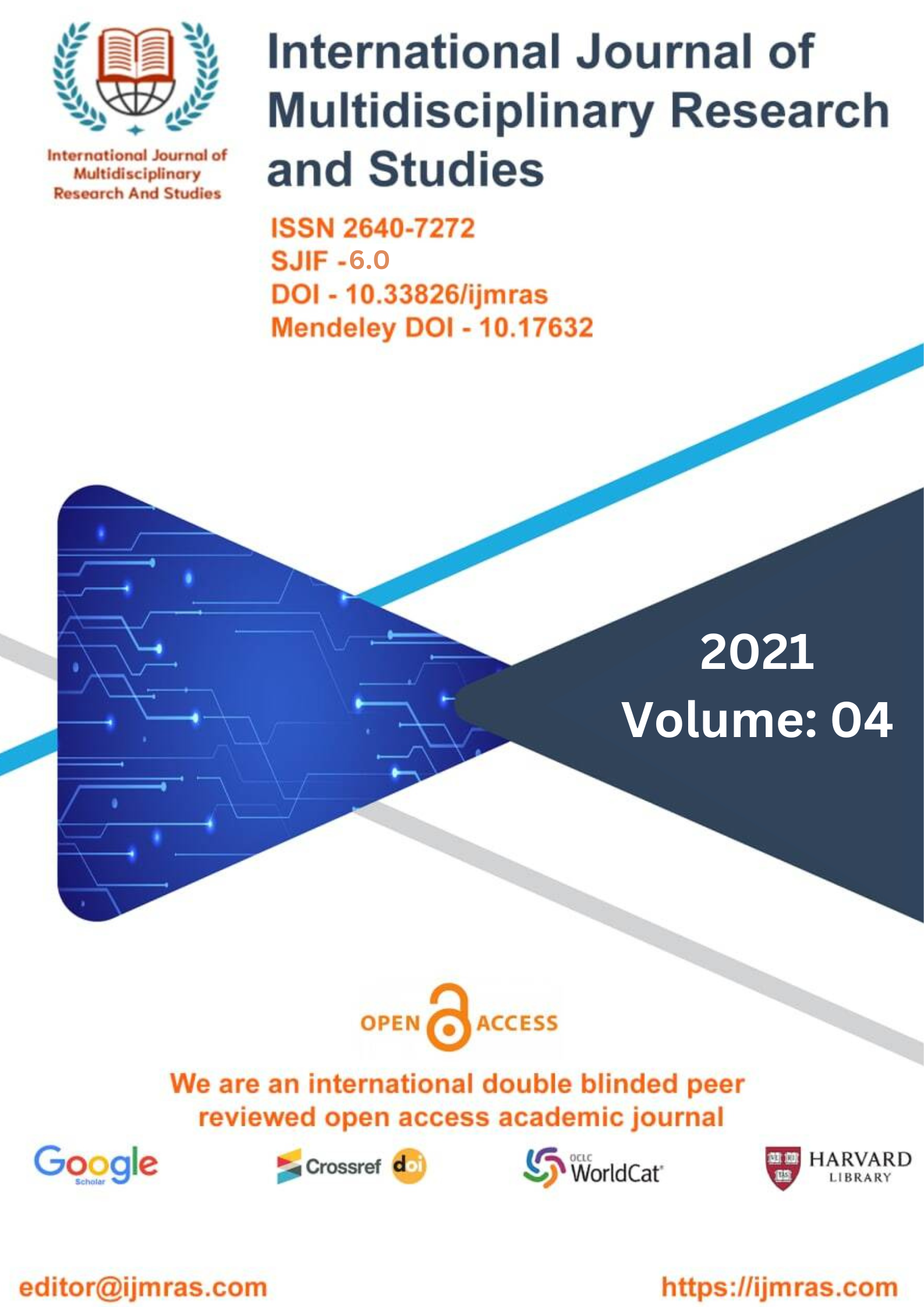CHANGING ROLE OF FATHERS WITH IN THE FAMILY UNIT

Abstract
The function that men play as dads is one that is always shifting and developing as time goes on. Traditionally, the act of fathering has been regarded as something that is historically specific, culturally singular, and the product of social construction. Fathering behaviours are always being redefined and negotiated as men attempt to strike a balance between the external pressures of their jobs and the internal constructions they have of the kind of dads they wish to be (Olmstead, Futris, & Pasley, 2009). The notion of what it means to be a man and a father in a culture may and will change throughout time, and with it, the construction of masculinity and the manner in which men approach the responsibility of parenting (Pleck & Pleck, 1997). Deconstruction of the traditional function of men in families is occurring concurrently with the emergence of a new male identity that has resulted in a rethinking of the traditional position of men in their families (Day & Lamb, 2004). Given that the determinants of fathering behaviors are culturally influenced and socially constructed, and that they change over time, it is important to recognize that the manner in which a man enacts the role of fatherhood is greatly influenced by a multitude of factors, many of which derive from the internal motivations and experiences that he has had throughout his life. The act of fathering also becomes more complicated over the course of a person's lifetime due to the fact that both the father and his kid are constantly required to reconcile internal wants, desires, and conflicts with external pressures and expectations. The missing piece in the puzzle of how men create their fathering role has been the realisation of the intricacies of the connections that men have with their own dads. The manner in which one was fathered shapes their own paternal approach. The discussion of the significance of extending the role of the father beyond that of an idealizing self-object into the position of a supplier of mirroring and twinship self-object functions will be the primary emphasis of this essay.
Keywords
multitude of factors, primary emphasis, Deconstruction of the traditional, culturally singularHow to Cite
References
Alanen, L. (2001) ‘Explorations in generational analysis’, in Alanen, L. and Mayall, B. (eds) Conceptualizing child-adult relations. London: Routledge, pp. 11–22
Alanen, L. (2003) ‘Childhoods: the generational ordering of social relations’, in Mayall, B. and Zeiher, H. (eds) Childhood in Generational Perspective. London: Institute of Education, University of London, pp. 27–45.
Alasuutari, P., Bickman, L. B. and Brannen, J. (2008) ‘Social Research in Changing Social Conditions’, in Alasuutari, P., Bickman, L. B., and Brannen, J. (eds) The SAGE Handbook of Social Research Methods. [online]. London: Sage Publications, pp. 1–9. doi: http://dx.doi.org/10.4135/9781848608429.n1.
Alderson, P. (2004) ‘Ethics’, in Fraser, S; Lewis V; Ding, S; Kellett, M and Robinson, C. (ed.) Doing Research with children and young people. London: Sage, pp. 97–112.
Baxter, J., Hewitt, B. and Haynes, M. (2008) ‘Life Course transitions and housework: Marriage, parenthood, and time on housework’, Journal of Marriage and Family, 70(2), pp. 259–272. doi: 10.1111/j.1741-3737.2008.00479.x.
Beck, U. (2002) ‘Freedom’s Fathers’, in Beck, U. and Beck-Gernsheim, E. (eds) Individualization: Institutionalized Individualism and its Social and Political Consequences. London: Sage, pp. 172–201.
Brannen, J., Wigfall, V. and Mooney, A. (2012) ‘Sons’ Perspectives on Time with Dads’, Diskurs Kindheits- und Jugendforschung Heft. Discurs kindheits- und jugendforschung, 1, pp. S25–S41.
Cheal, D. (2002) Sociology of family life. Houndmills, Basingstoke, Hampshire ; New York: Palgrave.
Christensen, P. (2002) ‘Why More “Quality Time” is not on the Top of Children’s Lists: the “Qualities of Time” for Children 1’, Children & Society, 16(November 2001), pp. 77–88. doi: 10.1002/CHI.709.
Christensen, P. and Prout, a. (2002) ‘Working with Ethical Symmetry in Social Research with Children’, Childhood, 9(4), pp. 477–497. doi: 10.1177/0907568202009004007.
Christiansen, S. and Palkovitz, R. (2001) ‘Why the “Good Provider” Role Still Matters Providing as a Form of Paternal Involvement’, Journal of Family Issues, 22(1), pp. 84–106.
Crompton, R. (1976) ‘Approaches to the study of white-collar unionism’, Sociology, 10(3), pp. 407– 426.
Dermott, E. (2005) ‘Time and labour: Fathers’ perceptions of employment and childcare’, Sociological Review, 53(SUPPL. 2), pp. 92–103. doi: 10.1111/j.1467-954X.2005.00574.x.
Dermott, E. M. (2008) Intimate Fatherhood. London: Routledge
Dermott, E. and Pomati, M. (2016) ‘“Good” Parenting Practices: How Important are Poverty, Education and Time Pressure?’, Sociology, 50(1), pp. 125–142. doi: 10.1177/0038038514560260.
License
Copyright (c) 2021 Rubina Kumari

This work is licensed under a Creative Commons Attribution 4.0 International License.
Individual articles are published Open Access under the Creative Commons Licence: CC-BY 4.0.




